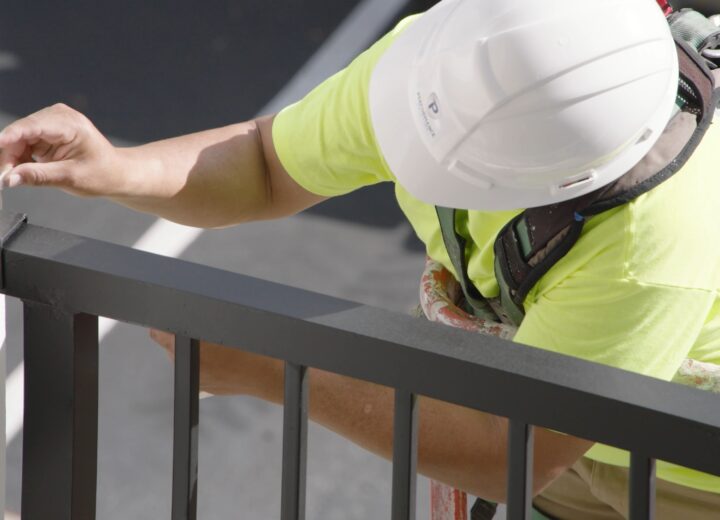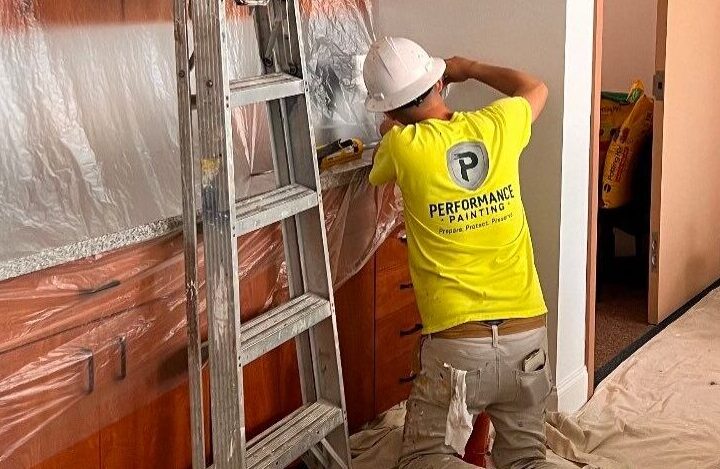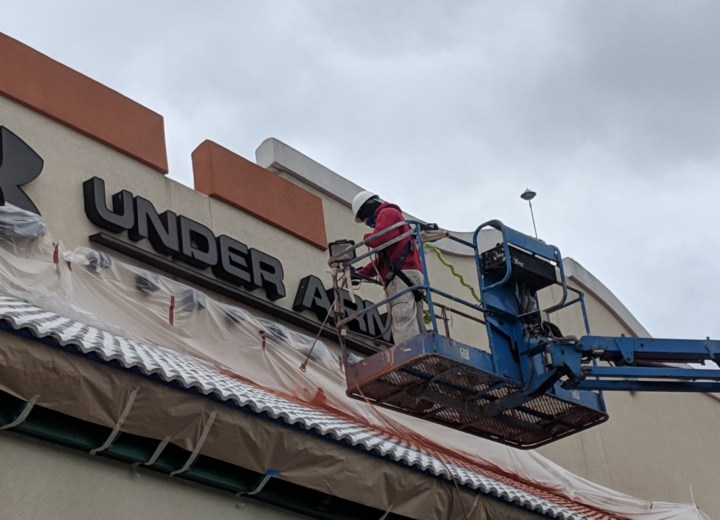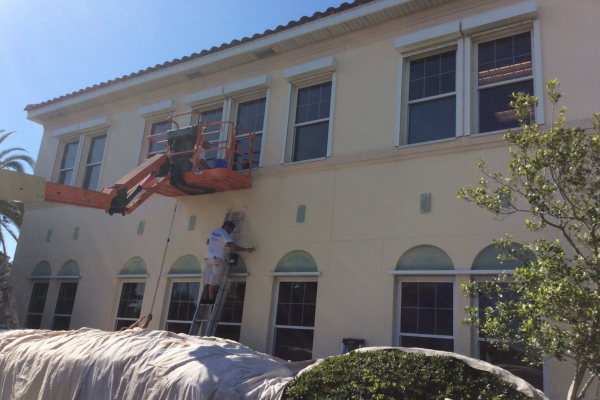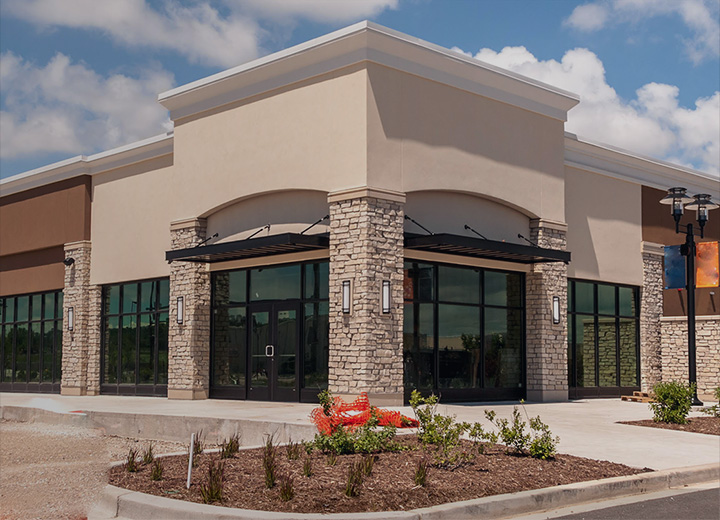Regardless of its form and the exposure conditions, corrosion can be managed, stopped and prevented when proper control measures are employed. Since corrosion control methods are diverse, business professionals should hone in on all the aspects relevant to the specifics of each corrosion control and prevention program. Now, let’s discuss the most essential elements of such a program.
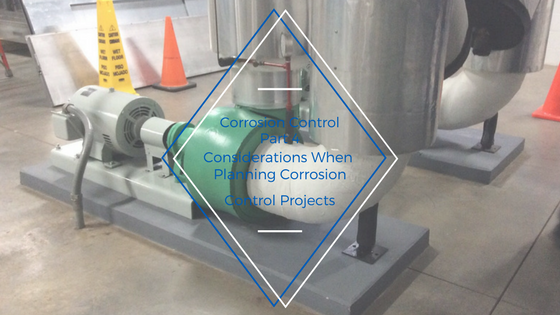
Contractor Selection
Given that corrosion can result in extensive damage to different structures, here are several factors you should consider in order to hire the right contractor for your project.
- Expertise – A painting contractor who undertakes a corrosion control project should: be aware of the latest coating technologies and application methods; know how to identify different corrosives, which is particularly important in harsh environments like Florida; and have plenty of experience with these types of projects.
For instance, some painting contractors can deliver professional results when it comes to painting a building or a piping system. However, they may lack the requisite expertise and field-level experience to handle complex corrosion control and prevention programs, which often involve working in chemical environments, in confined spaces or on industrial work sites.
- Manpower – When choosing commercial paint contractors, knowledge and experience represent two critical areas. But manpower matters just as much. If the contractor doesn’t have sufficient in-house staff to manage your project, he might need to hire sub-contractors.
While hiring sub-contractors can be a valuable stop-gap measure, it may prevent the general contractor from ensuring the same level of quality and controls, with potentially negative effects on project outcomes. This is one of the reasons why Performance Painting Contractors never employs sub-contractors.
- Safety – As unsafe work practices can result in injuries, project delays and lawsuits, the contractor must ensure that all the workers have undergone specialized safety training and are comfortable using the equipment and technology specified for each project. Industry experts advise business professionals to check if the contractor has been warned or cited for any health and safety or environmental violations.
Specifications
A corrosion control project should include a specifications document that describes the scope of work, identifies and prioritizes the tasks to be performed (including staging, surface prep, paint application, clean-up and quality control) and indicates the requirements the coating systems must meet in order to withstand all the potential environmental stresses.
For corrosive environments, coating specifications are typically provided by coating manufacturers or independent corrosion engineers. In order to develop the most suitable specifications for each corrosion control project, the facility manager, coating manufacturer’s representative and contractor should discuss all the potential challenges concerning the project.
Coating Selection
Many of the corrosion resistant coatings available nowadays may seem similar, but they’re not. For this reason, it’s best for facility owners or managers to rely on expert advice from the professionals.
Knowledgeable in all the aspects of corrosion control and prevention, commercial paint contractors are able to indicate proper coating systems for each project, in accordance with all the environmental factors and chemical exposures that might cause corrosion damage.
Coating Maintenance
If left unaddressed, corrosion can lead to catastrophes. As an example, unsound structural steel or a leaking chemical pipe can threaten not only your business but also everyone’s health and safety as well as the environment.
Implementing a coating maintenance program is one of the best strategies you have for preventing corrosion from proceeding to the point when extensive and expensive repairs and/or replacements might be necessary.
For further information on corrosion control and prevention, please contact our industry experts via our online form or alternatively call our Jacksonville office at (904)-641-4800 or Tampa office at (813)-308-0388.

